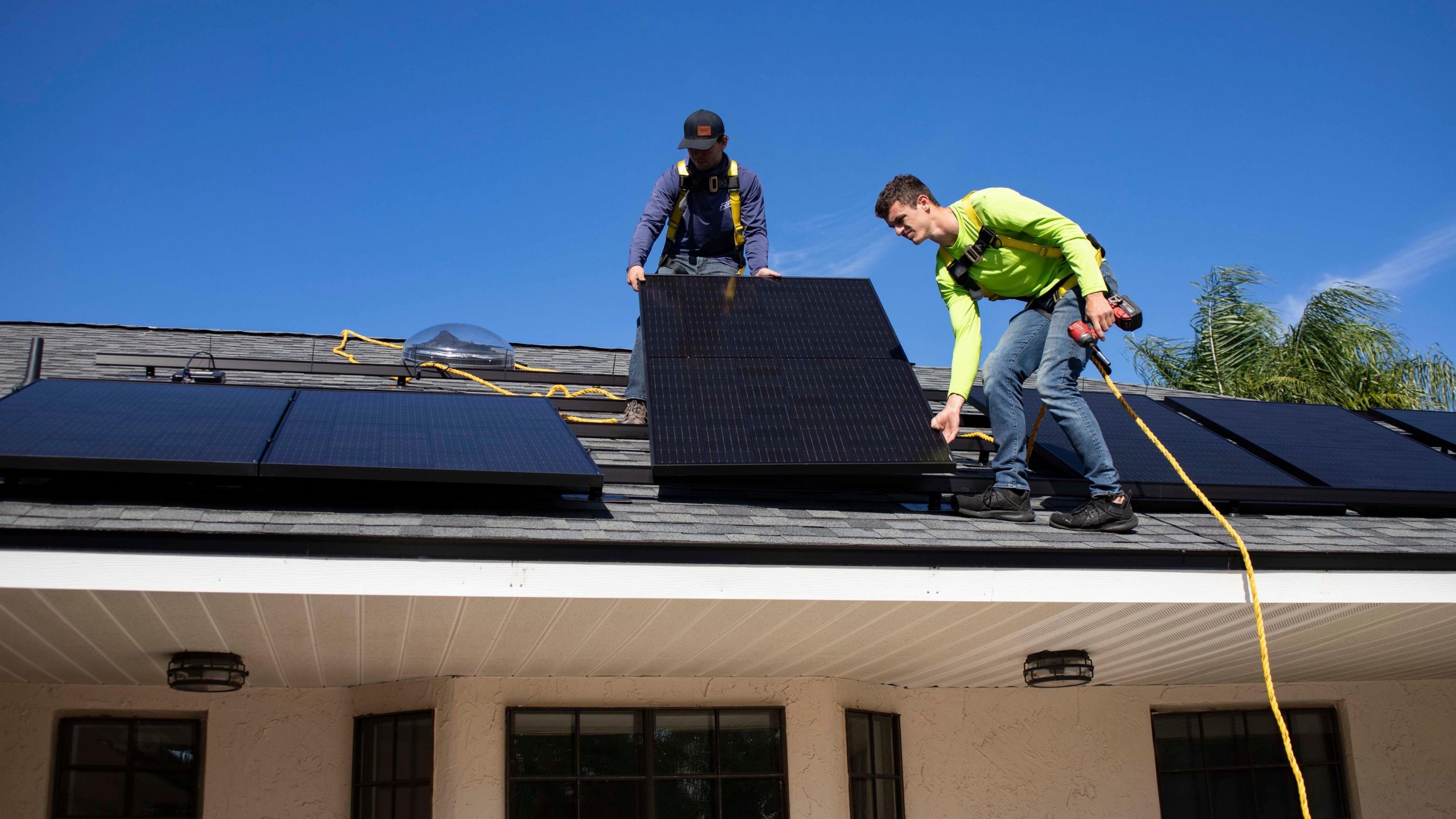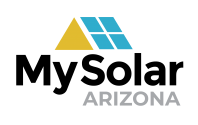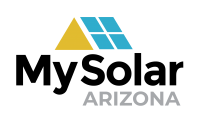
“Exploring the Benefits of Solar Ownership vs. Utility Dependence”
Introduction
Solar energy has become increasingly popular in recent years, and with good reason. Not only is it an environmentally friendly way to power your home, but it can also save you money on your energy bills over time. But when it comes to residential solar, there are two main options available: solar ownership and utility dependence. In this blog post, we’ll take a look at the pros and cons of each option and how you can make the best decision for your home.
Solar Ownership
Owning your own solar panels is an attractive option for many homeowners. It allows you to take advantage of the cost savings that come with solar energy without having to rely on a third-party utility company. With solar ownership, you’ll be able to generate your own energy and store it for later use. This means that you won’t have to worry about rising utility costs or unexpected energy bills. Additionally, you’ll be able to take advantage of various tax incentives and rebates that can help you save even more money.
The Pros
The main benefit of solar ownership is that you’ll be able to generate your own energy and store it for later use. This means that you won’t have to worry about rising utility costs or unexpected energy bills. Additionally, you’ll be able to take advantage of various tax incentives and rebates that can help you save even more money. Additionally, you’ll have more control over how your energy is used and when it’s used, allowing you to customize your energy usage to fit your lifestyle.
The Cons
The biggest downside to solar ownership is the upfront cost. Solar panels can be expensive, and the installation process can also be costly. Additionally, you’ll need to make sure that your home is properly outfitted for solar energy, which can be an additional expense. Finally, you’ll need to make sure that you have the proper maintenance and upkeep for your solar panels in order to keep them functioning properly.
Utility Dependence
The other option for residential solar is to rely on a utility company for your energy needs. This means that you’ll be paying a monthly fee for the energy that you use. The benefit of this option is that you won’t have to worry about the upfront cost of solar panels or the installation process. Additionally, you’ll be able to take advantage of various utility company incentives and discounts that can help you save money on your energy bills.
The Pros
The main benefit of utility dependence is that you won’t have to worry about the upfront cost of solar panels or the installation process. Additionally, you’ll be able to take advantage of various utility company incentives and discounts that can help you save money on your energy bills. Additionally, you won’t have to worry about the maintenance and upkeep of your solar panels, as the utility company will take care of that for you.
The Cons
The biggest downside to utility dependence is that you’ll be at the mercy of the utility company when it comes to pricing and energy availability. This means that you could end up paying more for your energy than if you had opted for solar ownership. Additionally, you won’t have as much control over when and how your energy is used.
Making the Right Choice
When it comes to deciding between solar ownership and utility dependence, it ultimately comes down to personal preference and budget. If you have the money to invest in solar panels and the installation process, then solar ownership may be the right choice for you. On the other hand, if you’re looking for a more cost-effective option, then utility dependence may be the way to go.
Conclusion
Making the right choice between solar ownership and utility dependence can be a difficult decision. But with the right information, you can make an informed decision that will help you save money and reduce your environmental impact. If you’re interested in learning more about solar energy and how it can benefit your home, contact My Solar Arizona today for a free energy assessment.

